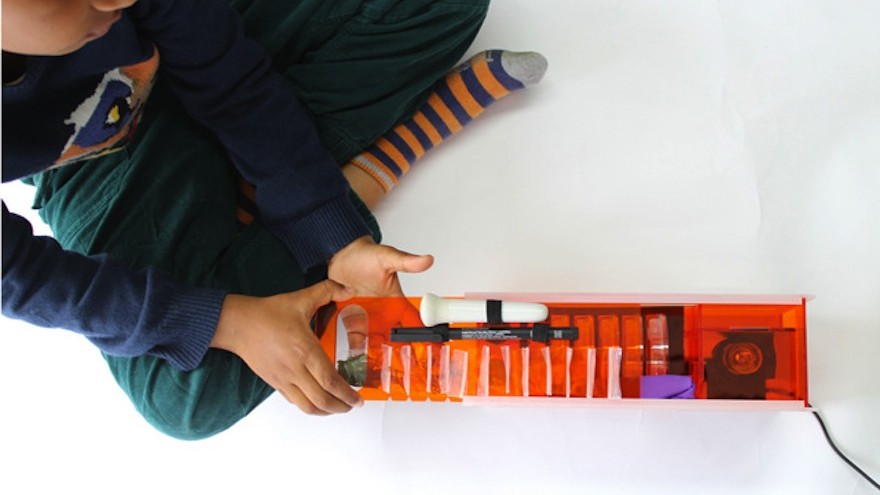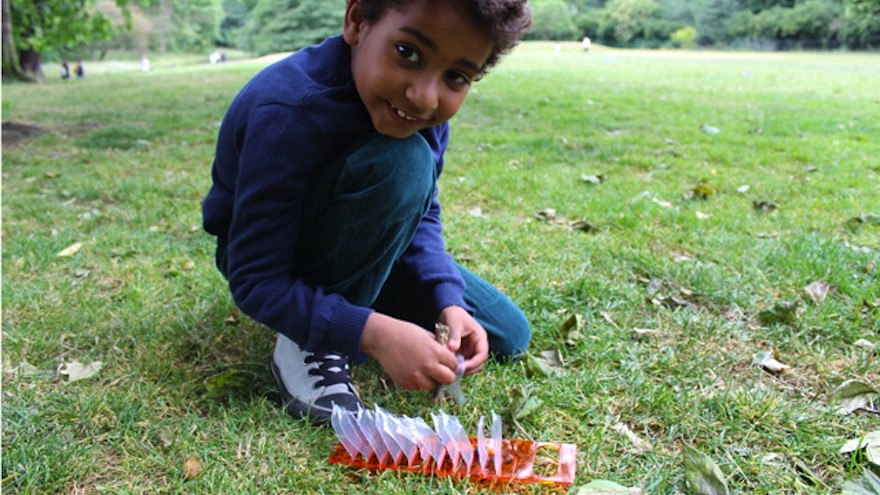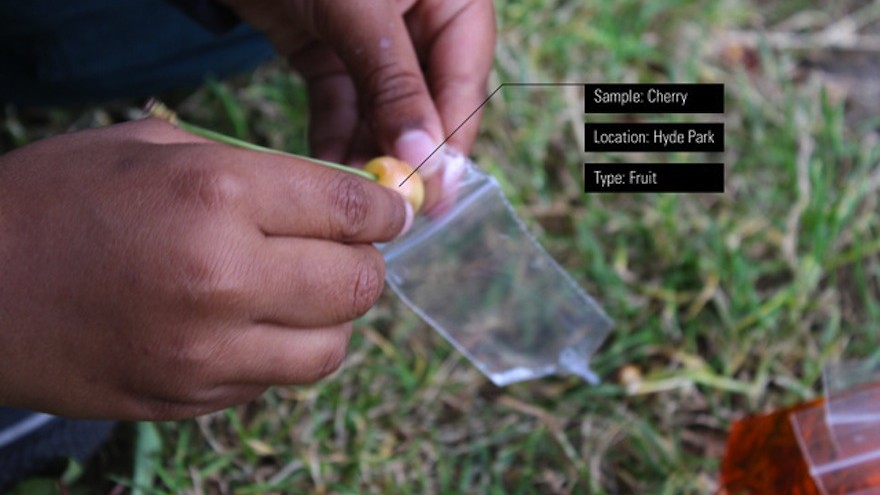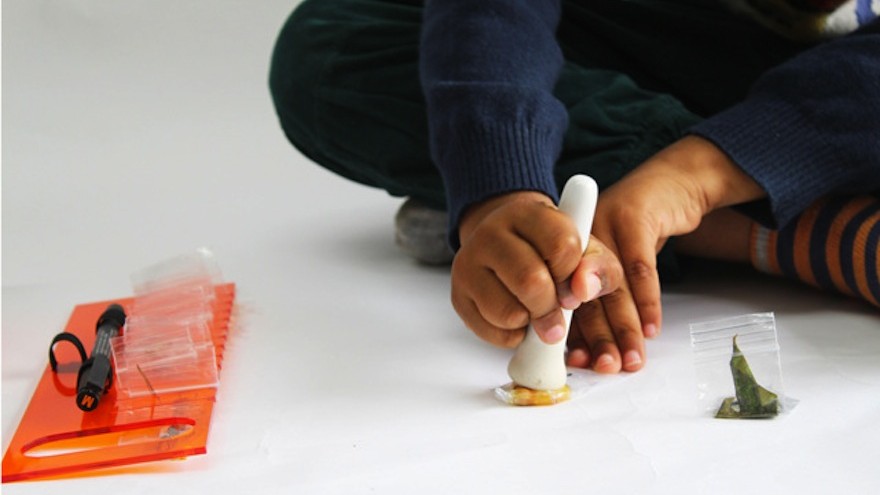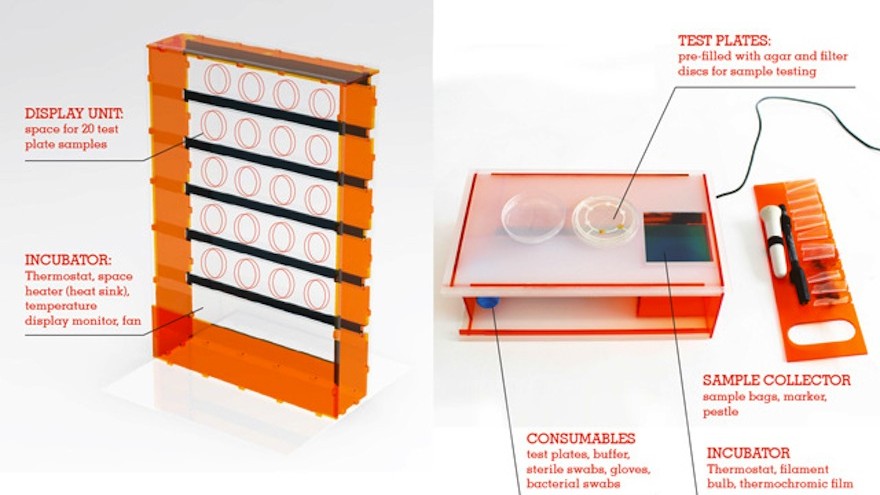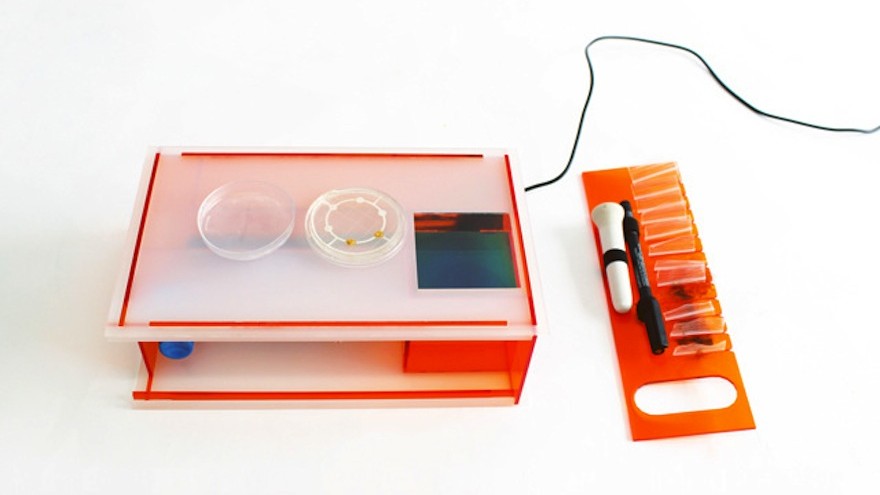Royal College of Art graduate Vidhi Mehta has designed Post/Biotics, an online platform that enables citizen scientists to locally sample their surroundings (such as plants, fungi, soil) to map substances with antimicrobial values and contribute their findings to a database.
Mehta’s design, Post/Biotics, tackles the problem of drug-resistant infections and the diminishing antibiotics stock by mapping the potential of new antibiotics across the world. Her project is raising awareness about this phenomenon, which the World Health Organisation has dubbed the “post-antibiotic era”.
The evolution of bacteria is accelerating faster than science can create new antibiotics, which means we cannot treat previously treatable infections like stomach infection, UTI, Tuberculosis, and strep throat.
Post/Biotics is both a pop-up lab and a toolkit to encourage the discovery of new antibiotics. “We need better stewardship of existing antibiotics, better diagnostic methods and new antibiotics that we can take better care of this time around,” says Mehta. “Unfortunately, we are dragging our feet in dealing with the superbug threat.”
Identifying new solutions to bacterial resistance is a cost and resource intensive expedition because the substances which could lead to new medical advancements could be anywhere in the world. As such, “Post/Biotics toolkit hands over the power of empirical research in the hands of citizen scientists,” she adds.
Post/Biotics is a vision for open source drug discovery. Instead of relying on research institutions and pharmaceutical companies to do the tedious research in mining for antibiotics, Mehta’s toolkit empowers citizens in the creation of their medical future.
Medhi is aware that Post/Biotic may not be the miracle solution of medicine and that every citizen sample may not turn into a new antibiotic. “But if we have enough experiments going on, in enough locations around the world, we think it’s possible that some will,” she says.

